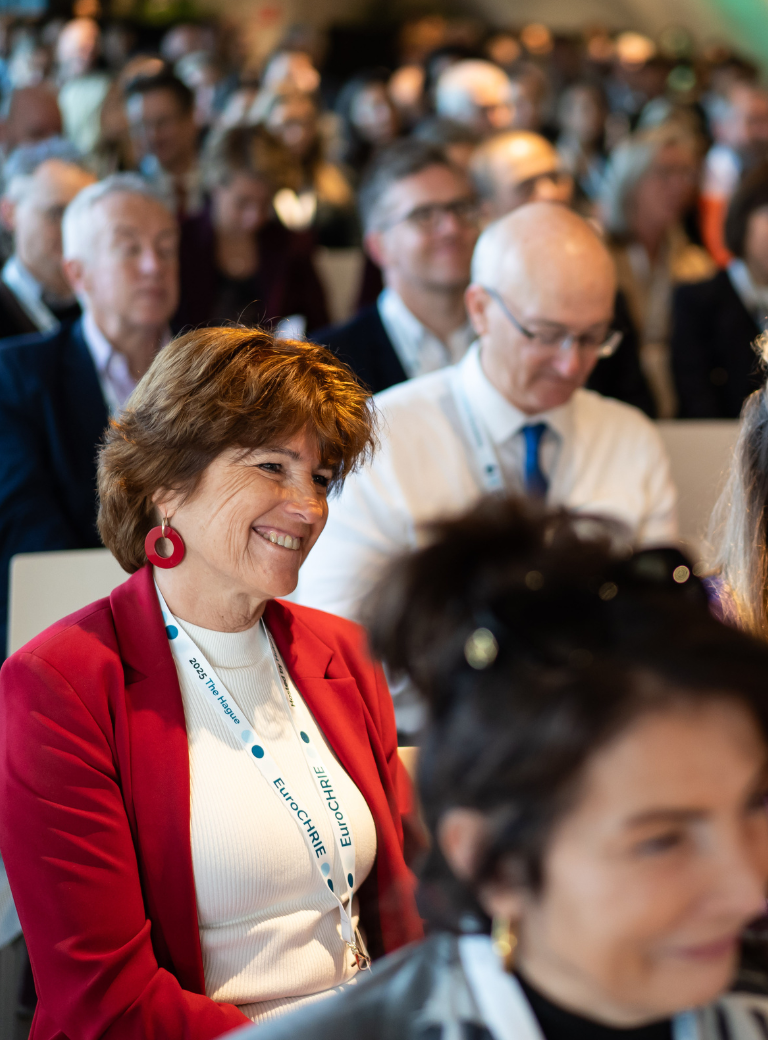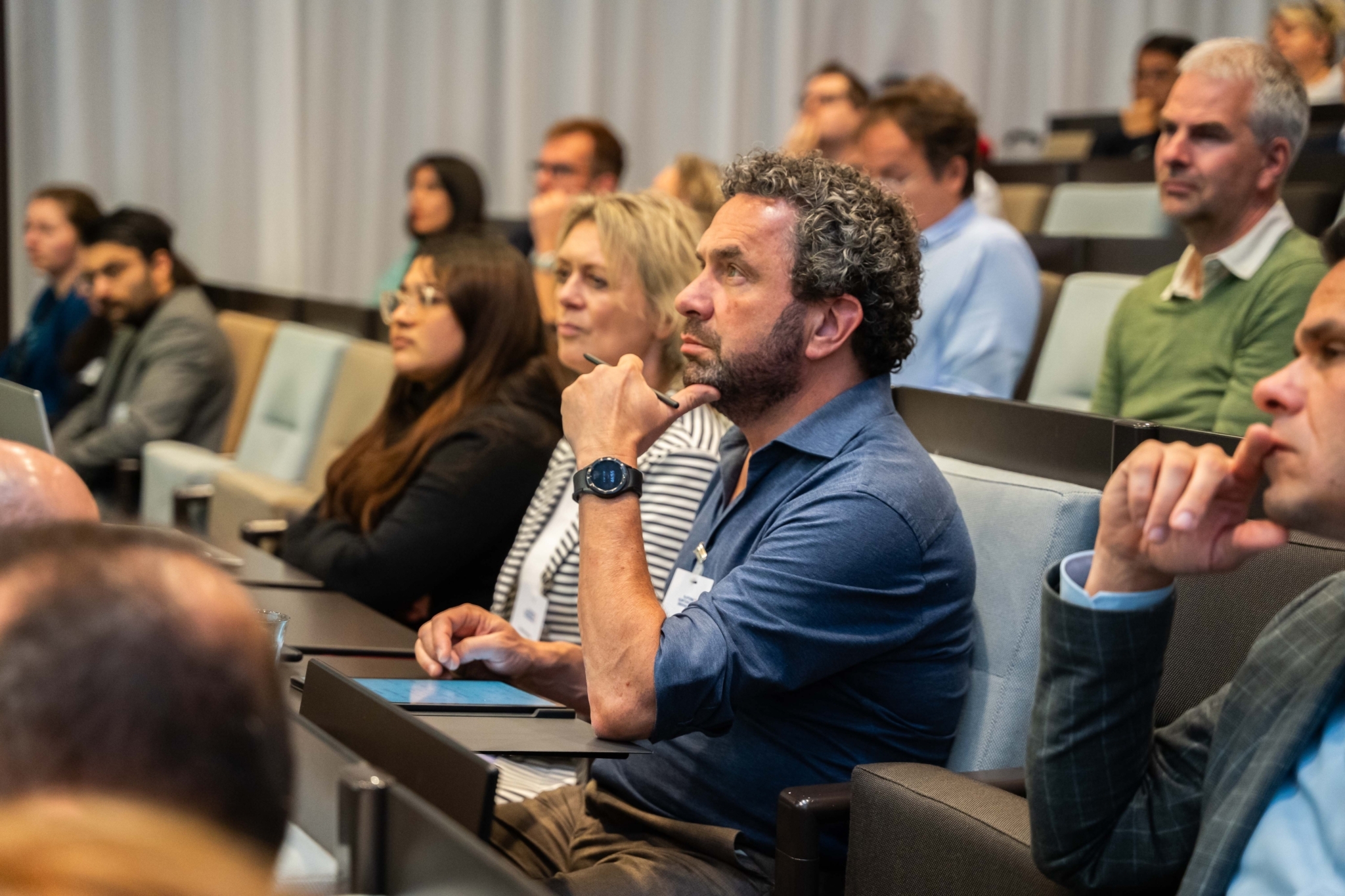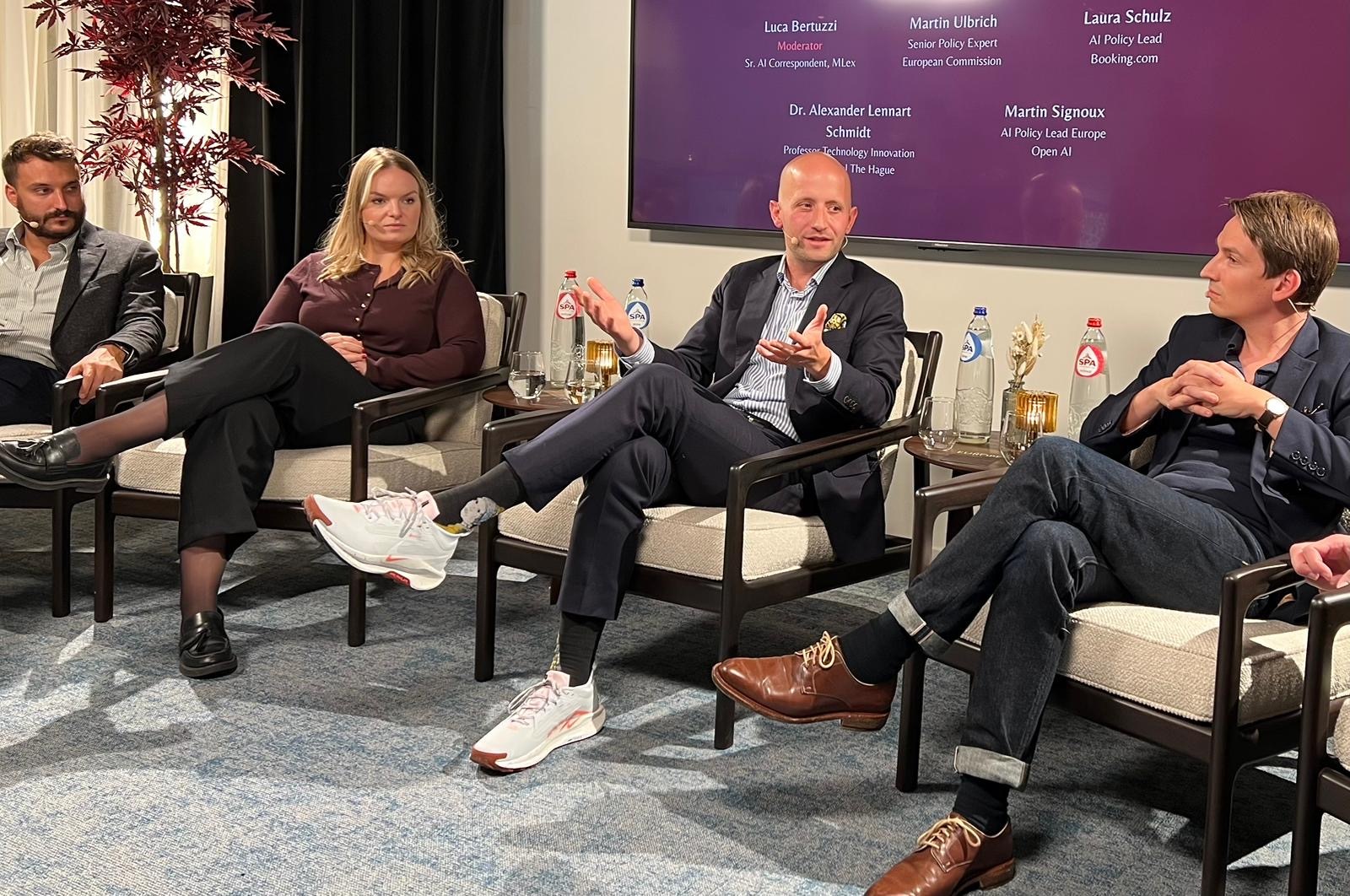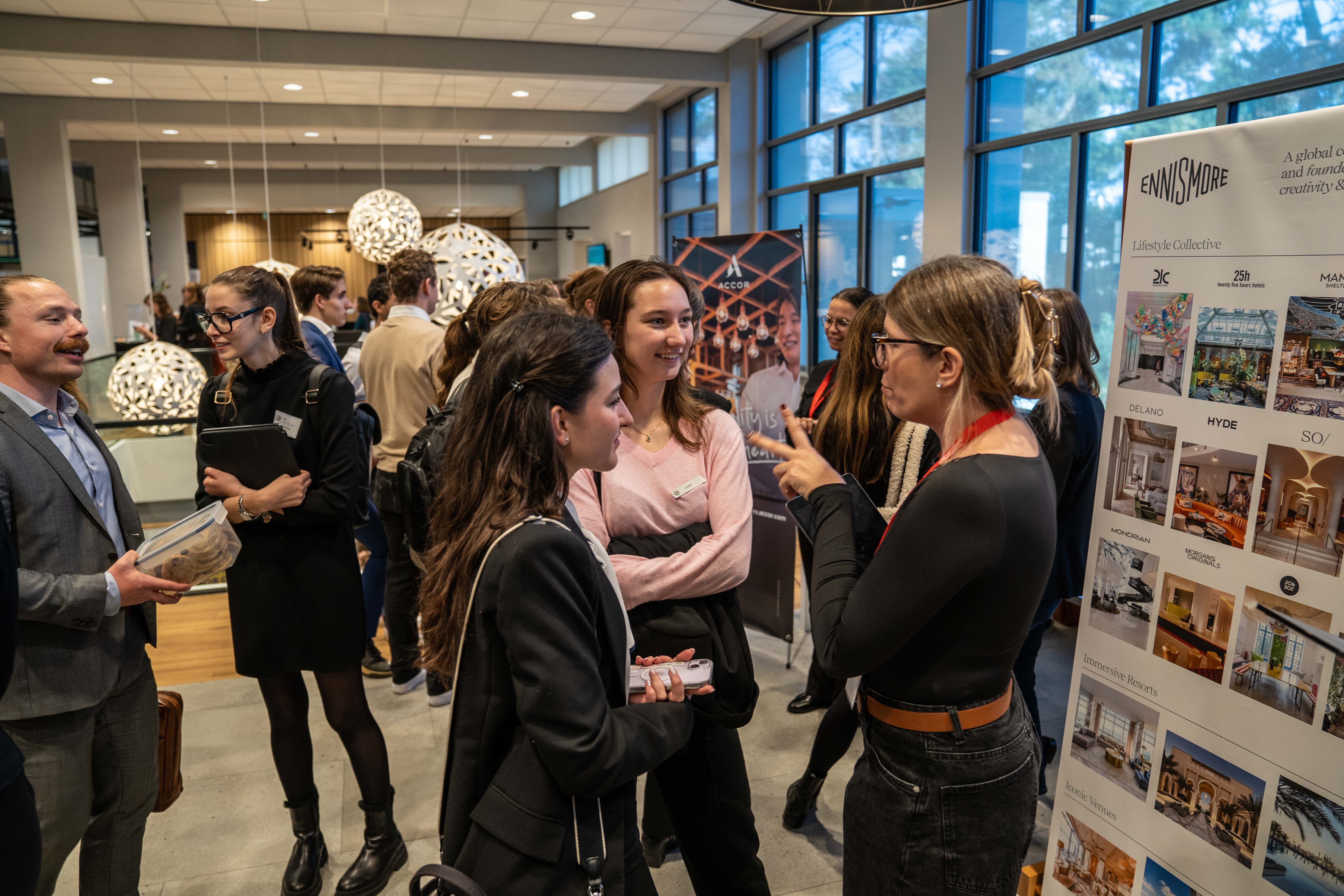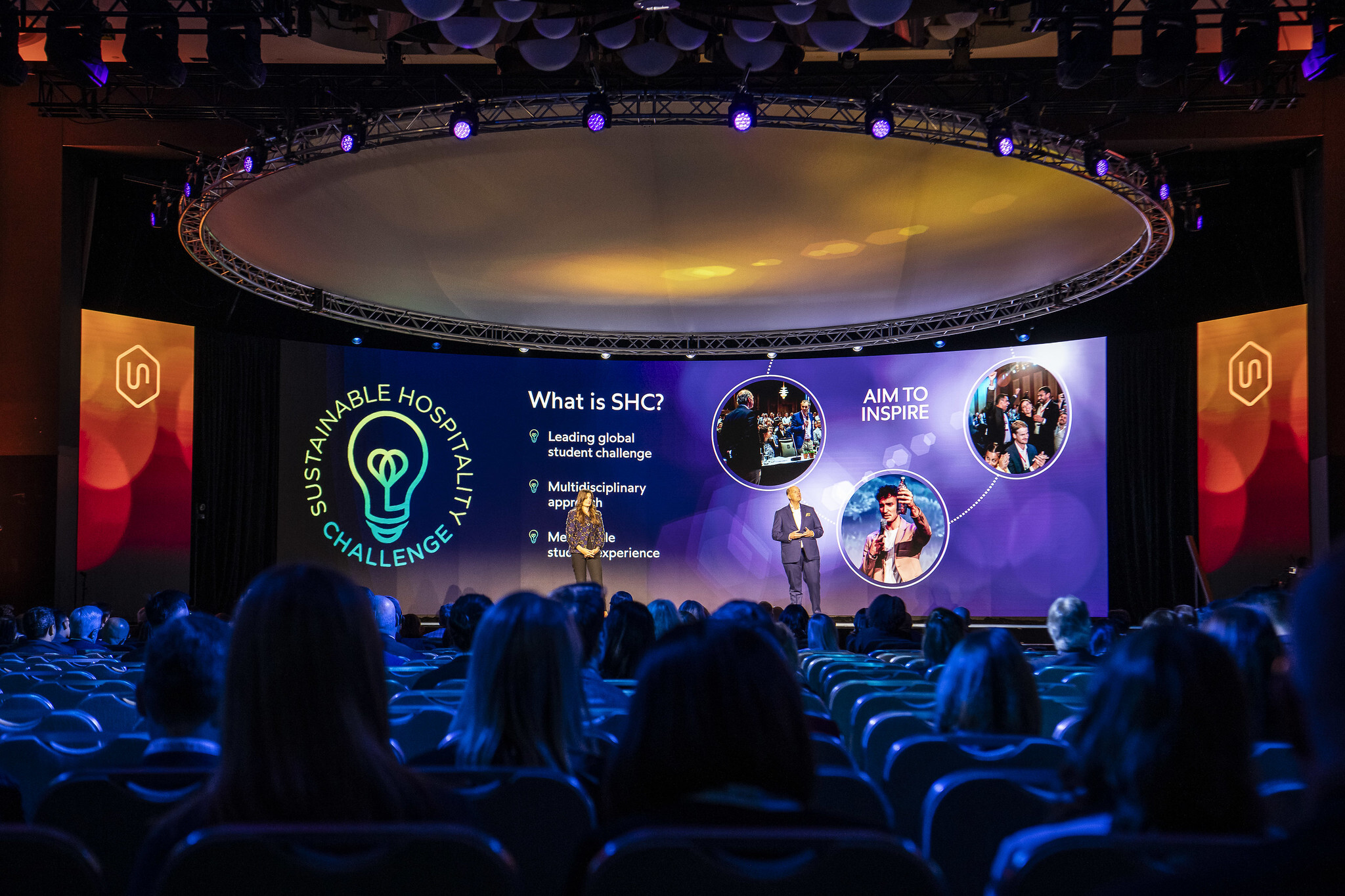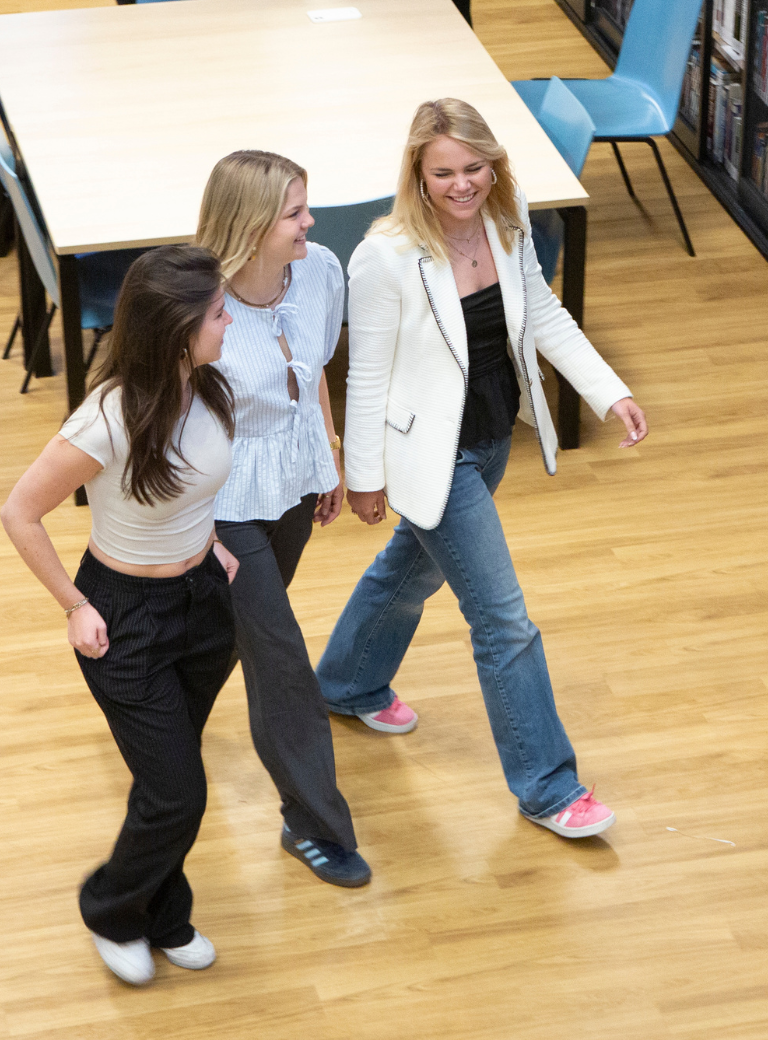

Why hospitality graduates must be trained as “field problem solvers”
In the past century, hospitality schools worldwide have evolved from vocational education with a strong emphasis on technical skills to tertiary programmes that prioritise managerial competencies.
For the positioning of these programmes in higher education, different paradigms have emerged: whereas in Anglo-Saxon countries, integration into university systems and the corresponding academic ambitions have prevailed, on the European continent this model coexists with one in which schools have emphasised their industry links and a more heterogeneous set of professional competences (Catrett, 2018; Oskam, 2018).
Arguably, neither type of education provides optimal preparation for a professional environment in which a stable skillset will no longer suffice. Globalisation and digitisation are two drivers of unprecedented changes in hospitality professions and business models, to which we must add the impact of catastrophes and demand shocks like the ones caused by terrorist attacks or the COVID-19 pandemic.
To provide the hospitality industry with leaders who can navigate these new realities successfully, higher hospitality education must adapt accordingly (Kim & Jeong, 2018). At the same time, higher education has embraced the urgency to contribute not only to industry but also to society at large in a meaningful way (Lombarts, 2018; Lozano et al., 2013) with an increasing focus on training “human skills,” commonly classified as collaboration, critical thinking, creativity, and communication (Dede, 2010).
In sum, today’s hospitality graduates must be trained as “field problem solvers” (Van Aken & Berends, 2018). Hotelschool The Hague, one of Europe’s oldest tertiary hospitality schools, which currently ranks fifth globally on the QS subject ranking, has chosen design-based research (DBR; Denyer et al., 2008; Holloway et al., 2016) as the “epistemological backbone of the entire curriculum” (Hospitality Research Centre, 2018), to instill critical thinking and inquisitive skills in its students, but also of shortening the innovation cycle of the curriculum. Thus, the school seeks to bridge the practice–academia gap by linking methodological rigor to emerging phenomena in the hospitality profession (De Visser-Amundson et al., 2019). See Figure 1 in the Online Supplement (The Design-Based Research Cycle as implemented at Hotelschool The Hague. Adapted from Plomp (2013)).
Put briefly, DBR projects develop practical solutions in an iterative, rigorous research process (see Figure 1). Different examples of how this has been incorporated into the hospitality curriculum are given below.
Practical and Theory Education Project (PATE): Students are asked to identify a societal problem using the United Nations Sustainable Development Goals (SDGs) as a starting point during their practical education. Taking a DBR approach, the students then not just analyze and diagnose the problem using extant literature and theory but also execute the intervention. For example, stu[1]dent-led PATE projects have contributed directly to SDG 12.3 (food waste) by (1) producing soap from orange peels and coffee grounds, (2) creating brownies for the Food Bank from leftover Christmas chocolate, and (3) cooked lunches for elderly people with “rescued food” to fight loneliness.
Case studies: Methodological knowledge is applied in the final year using inspiring case-studies, for example, about the award-winning hotel ZOKU. This case study demonstrates the DBR cycle: (1) the need for a clear problem definition (“lonely business travellers”); (2) diagnosis and validation of the problem (underpinning by means of further evidence: interviews with 150 travellers); (3) prototyping the solution and collecting evidence of the appreciation; (4) implementing the solution; and (5) evaluation and learning (rigorously listening to guest experiences).
Graduation Research: Many DBR graduation projects are executed in the field where each project builds, in some way, upon the insights of the previous ones. For example, graduation projects have sought to develop “resident friendly” forms of city tourism; or using a “nudge” behavioural intervention approach, graduation research projects have been involved in contributing to a 25% to 33% decrease in food waste in HTH outlets (De Visser-Amundson & Mirella Kleijnen, 2020), findings that subsequently were used in a national programmme with 172 restaurants. While the curriculum renewal is still in progress, so far, the reforms have led to greater engagement of students, practical instructors, and faculty in research.
Author's Note: The research and program reforms have been made possible by a Comenius Leadership Grant (NRO)
Jeroen A. Oskam
Anna de Visser-Amundson
Boukje de Boer
Hotelschool The Hague
